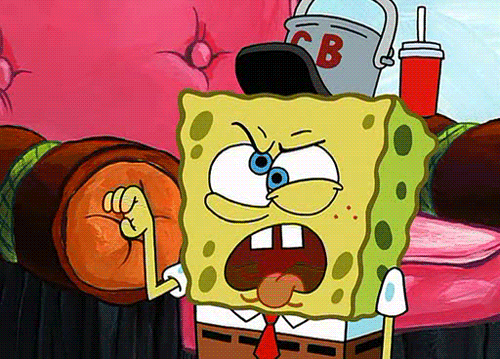
Are There Other Ways to Say "Etc."?

We don’t always need to list every example of something we’re talking about. In most cases, naming two or three is enough; after that, we can simply say “et cetera” to indicate that there are more examples. But is there any other way to express this idea?
Yes, there is! And that’s a good thing because et cetera can sometimes sound formal, so we need something more casual when speaking with friends. This article will explore some different choices, so let's get started.
Et cetera
We'll begin by taking a closer look at et cetera. It comes from Latin and means “and the others” or “and the rest.” Simple, right?
Et cetera can also be spelled without the space (“etcetera”), though you mostly see it in its shortened form: “etc.” No matter which version you see, they are all pronounced the same.
Et cetera should be used for things but not for people. The abbreviation “et al.” (which also means "and others" in Latin) is used for people, but you will probably only see it in text when referring to authors of books and academic papers — it is not common in spoken English.
If you want to refer to a longer list of people’s names, you can simply say "and more" or “and the others” if you think your partner will know the people you are talking about.
Neutral and formal expressions
Let's move on to the alternatives for et cetera. First, we'll introduce similar expressions that are appropriate for formal situations.
~ and so on

“And so on” suggests continuation, as if your examples are only the start of a longer list.
Sometimes, people make this expression a little longer by adding “and so forth.” However, it does not change the meaning or the nuance.
~ and the like
There is no major difference between this expression and the previous one.
~ and whatnot

“Whatnot” is an unusual word that can substitute for et cetera, especially if the items you are referring to are difficult to describe clearly.
~ and what have you
“Have you” instead of “you have” sounds strange, even to native English speakers, but this is still a very common way of referencing more examples from a short list.
~ and such
Here is one more simple alternative for et cetera.
Informal expressions

The following expressions are best for casual situations, so be sure to use them only when it is appropriate.
~ and stuff like that
You might already be familiar with this common expression. You can also say "and things like that."
Blah, blah, blah
This is a very informal way to refer to information that you do not think is important, interesting or original.
This expression is often used to refer to something someone has said. In these situations, people sometimes make a gesture with their hand as if it’s a mouth that is talking.


A single “blah” can also be a noun or an adjective with the same nuance.
Yadda yadda (yadda)
The final expression on this list is very similar to "blah, blah, blah" except that it isn’t quite as common. Also, it has no special hand gesture; blah is unique in that way!
This expression can also be spelled with only a single D, as in "yada yada."
This expression is very familiar to many Americans because of its frequent use in the popular 90s television show Seinfeld. In fact, one episode of the series is called "The Yada Yada"!
Related article: More Than 'Friends': Recommended TV for English Learners
Wrap-up
As you can see, et cetera is far from the only way to express that a list of examples continues.
Be careful to use the expressions we’ve introduced here at the right times; not all of them are suitable for all situations. Try one out in your next English conversation!



